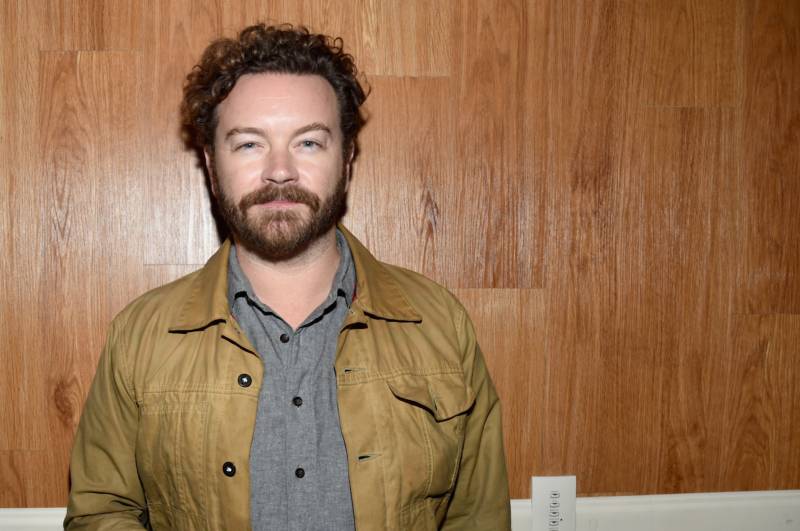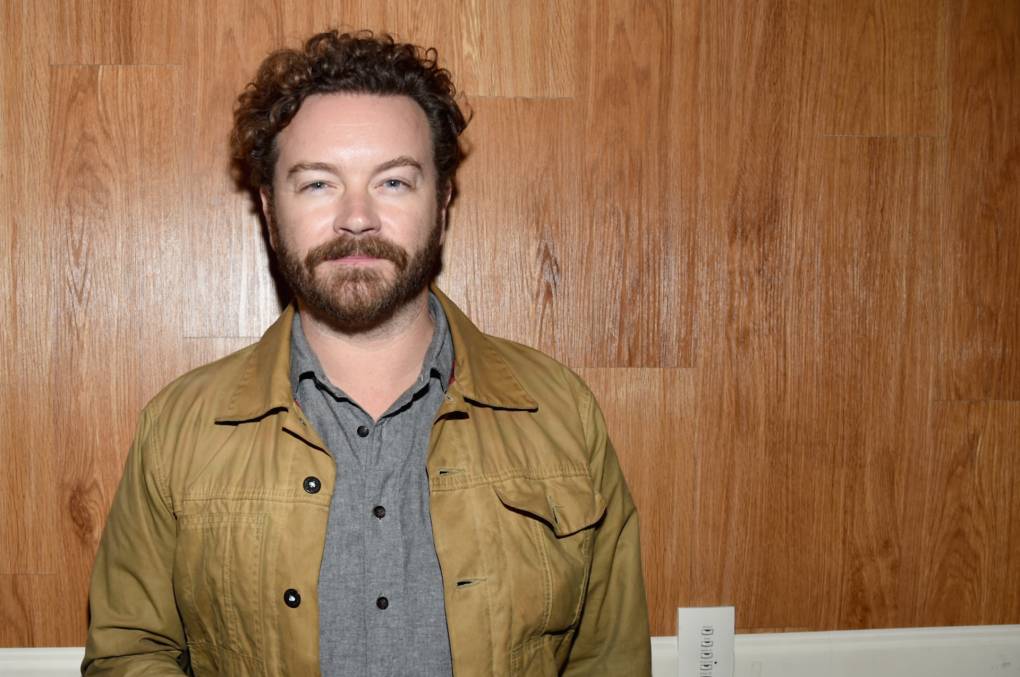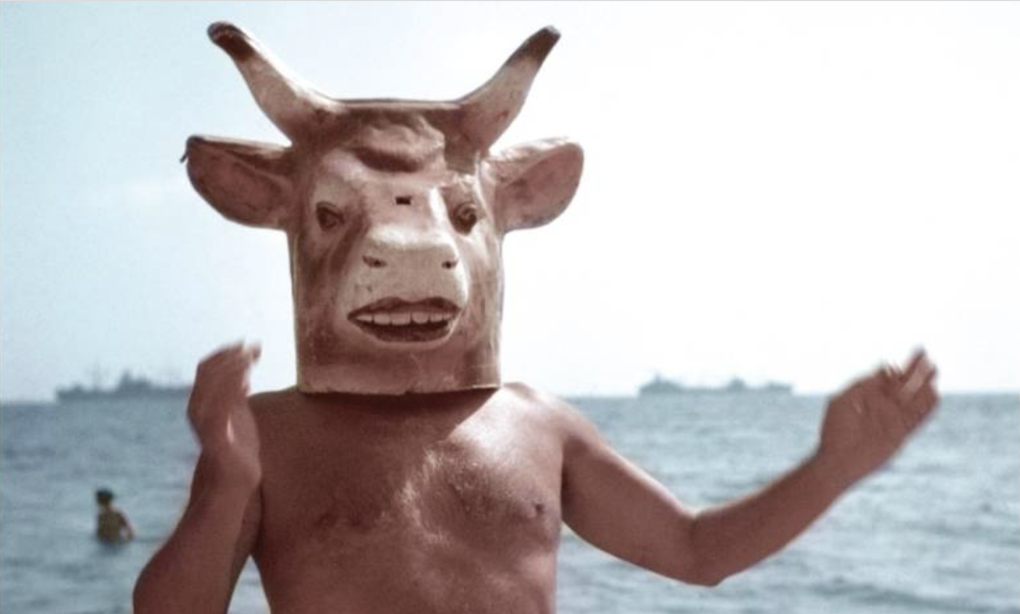Moving through the criminal trial phase has been just as arduous. Though originally charged with sexual misconduct in 2017, then with three counts of rape in June 2020, it took until May 2021 for Masterson’s preliminary hearing to begin. When it did, the actor started proceedings by posting a smiling selfie taken outside the courthouse to his Instagram account. Next to his wife Bijou Philips in her car, the caption read: “Had the most beautiful Uber driver drop me off at school today. #uberwife #bijouphillips.”
The image was a smug middle finger to each of his accusers just as they were about to share, on the stand, harrowing and haunting accounts of the respective nights they spent at his house. Their assaults, they say, included Masterson hitting, spitting on, insulting, restraining, choking them and making threats with a gun. After listening to their stories, the judge asserted that Masterson must face trial.
That trial didn’t start until October 2022, at which time the women had to tell their respective stories yet again — this time, with Masterson’s lawyer asserting throughout that their sexual encounters with the actor had been consensual. When that case resulted in a mistrial, it was hard to imagine how much more these women could take. Still each of them returned to court and told their stories yet again this year. If they hadn’t, Masterson would undoubtedly still be free and living his life, just as he did during the many years when fear and intimidation kept three of his accusers silent.
Make no mistake, Masterson’s survivors have had to scale impossibly high hurdles from the get-go. This has been a case that, for them, has dragged on and on, first behind closed doors, then within an institution they trusted but that ultimately failed them, then more recently in the public eye.
Before Masterson’s sentencing, one of the women emphasized: “I lost everything. I lost my religion. I lost my ability to contact anyone I’d known or loved my entire life. I didn’t exist outside the Scientology world. I had to start my life all over at 29.”






